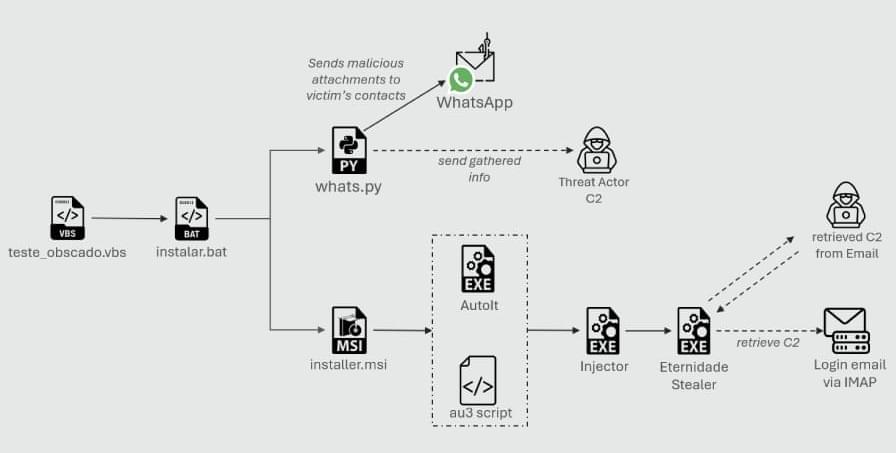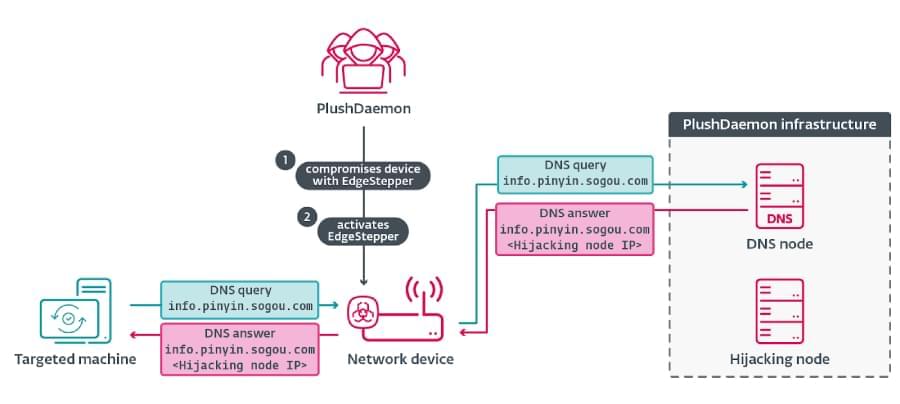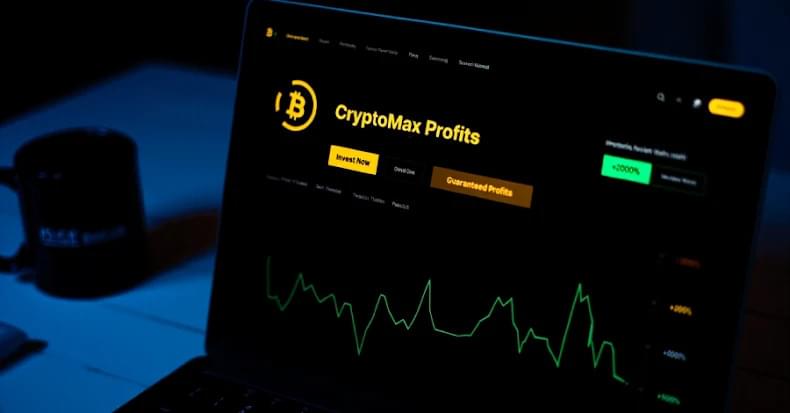The U.S. Cybersecurity & Infrastructure Security Agency (CISA) is warning government agencies to patch an Oracle Identity Manager tracked as CVE-2025–61757 that has been exploited in attacks, potentially as a zero-day.
CVE-2025–61757 is a pre-authentication RCE vulnerability in Oracle Identity Manager, discovered and disclosed by Searchlight Cyber analysts Adam Kues and Shubham Shahflaw.
The flaw stems from an authentication bypass in Oracle Identity Manager’s REST APIs, where a security filter can be tricked into treating protected endpoints as publicly accessible by appending parameters like?WSDL or ;.wadl to URLpaths.









